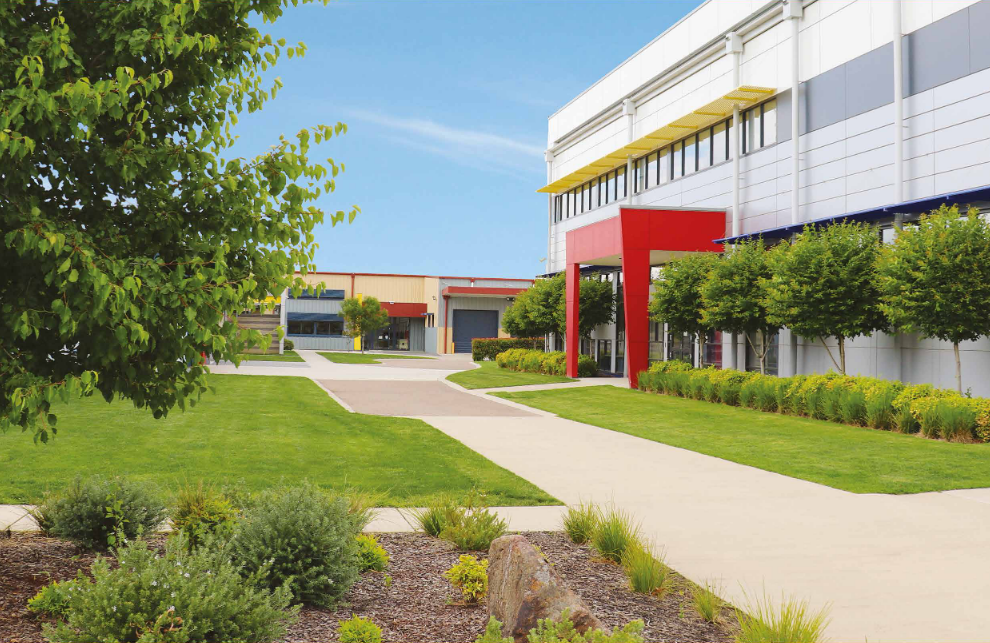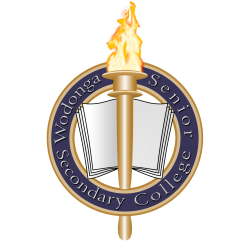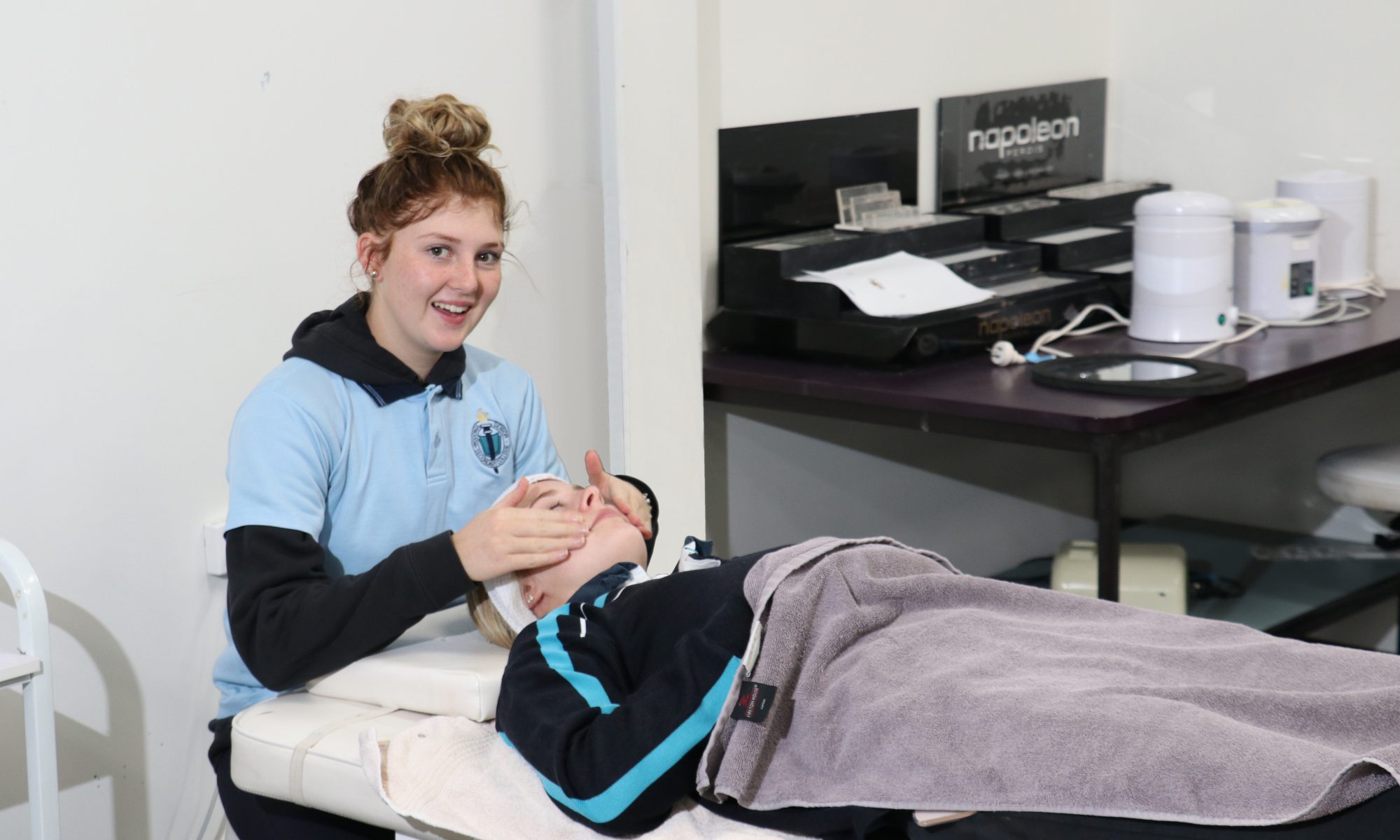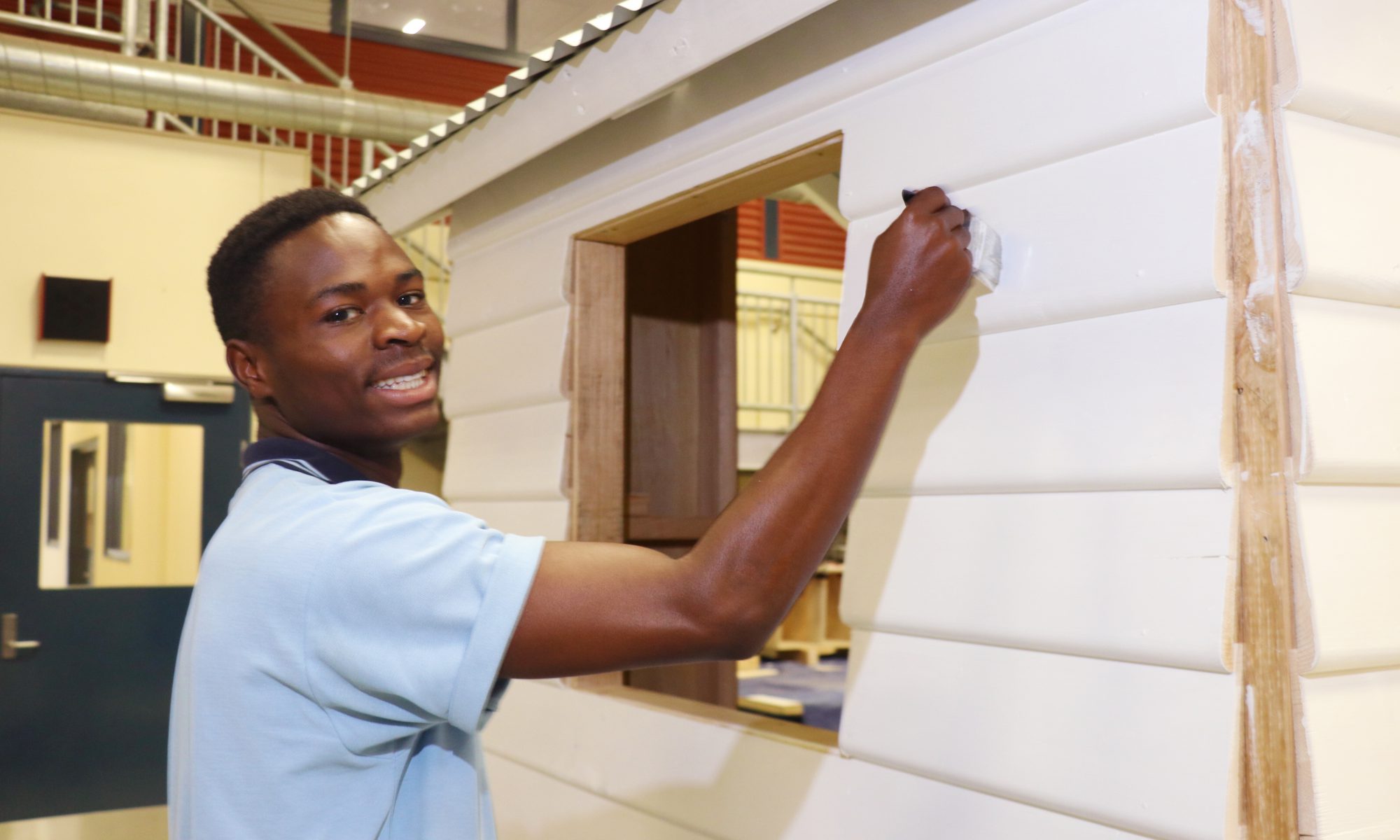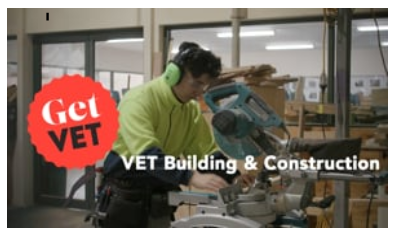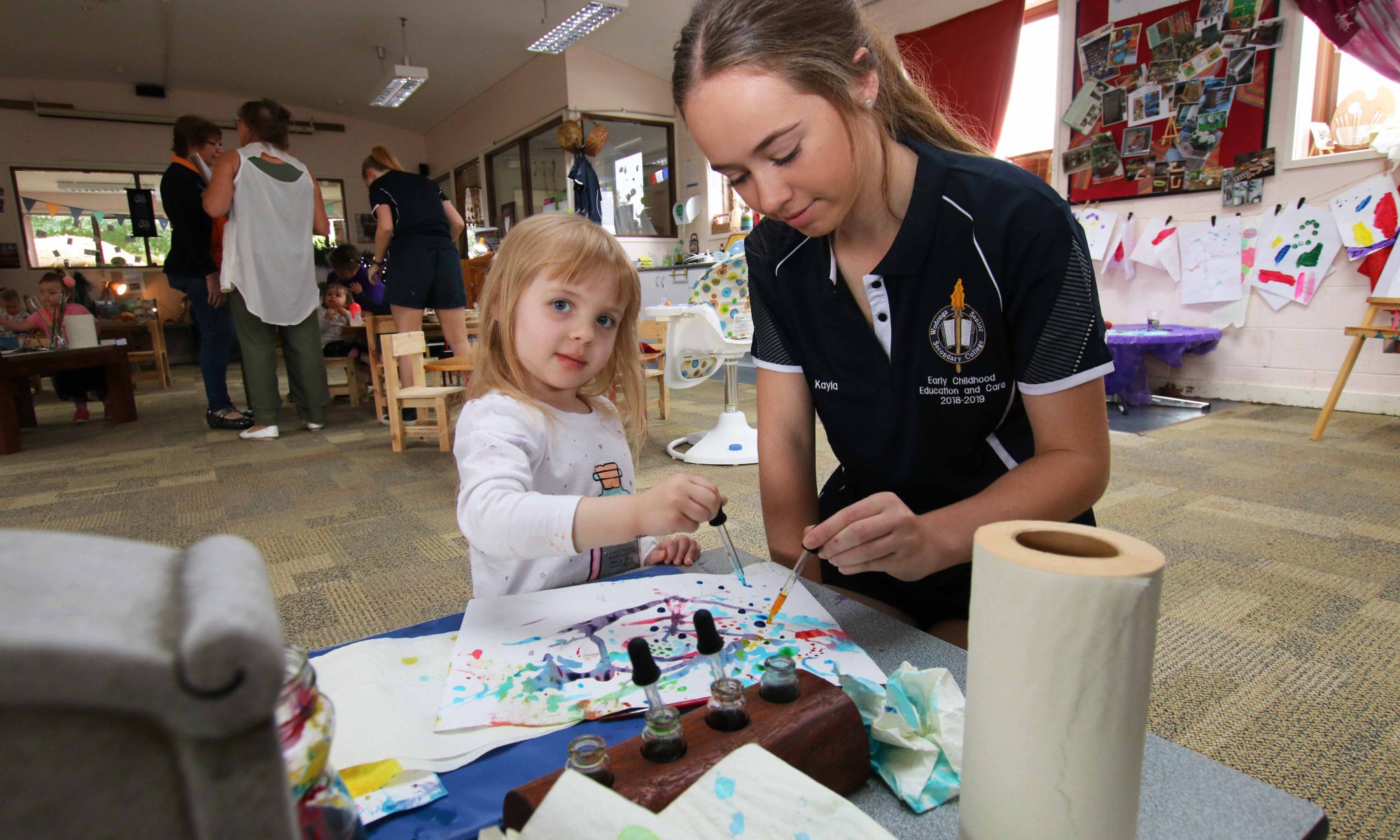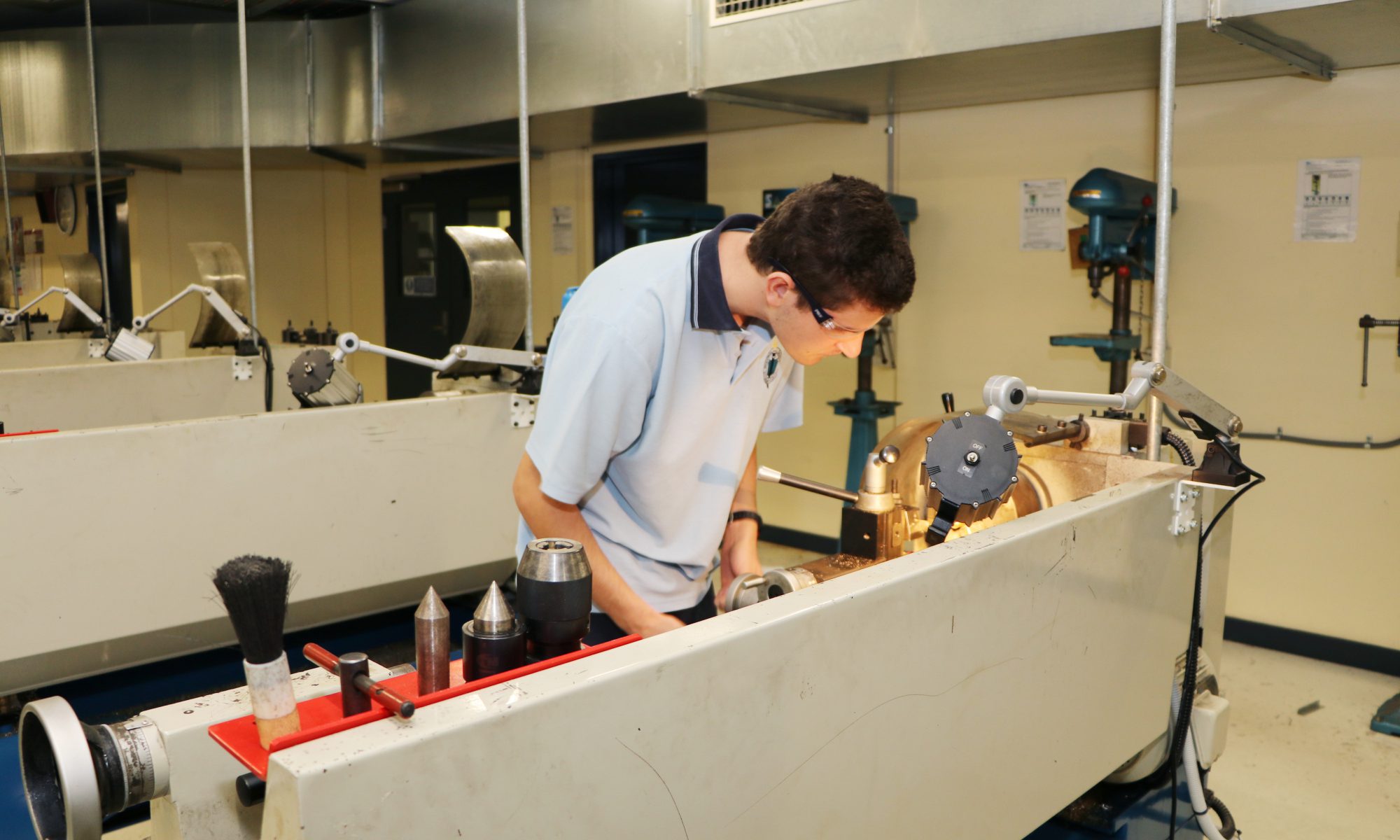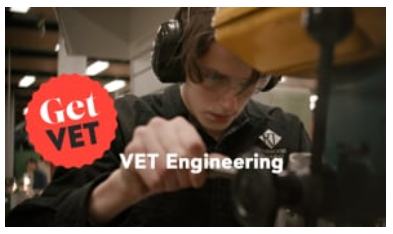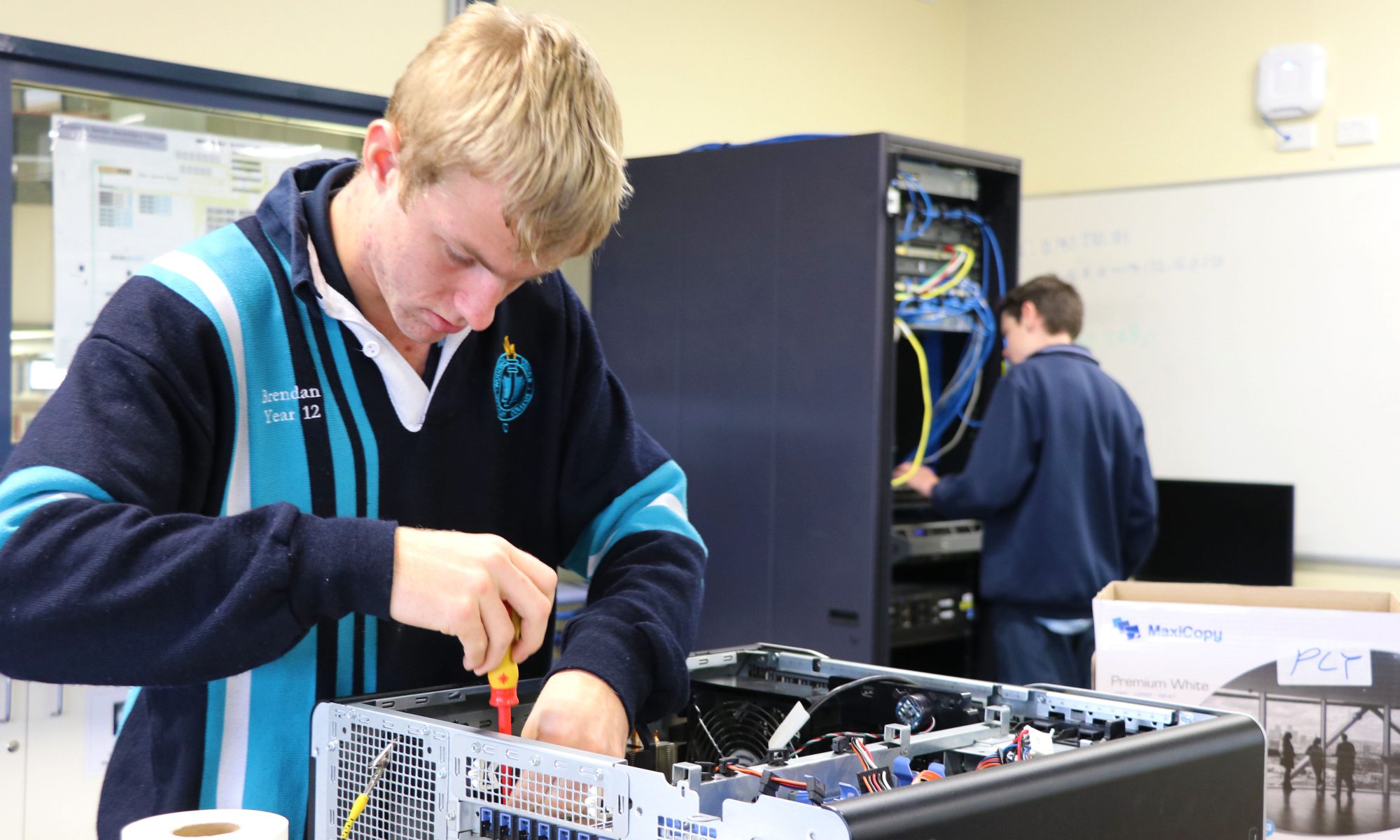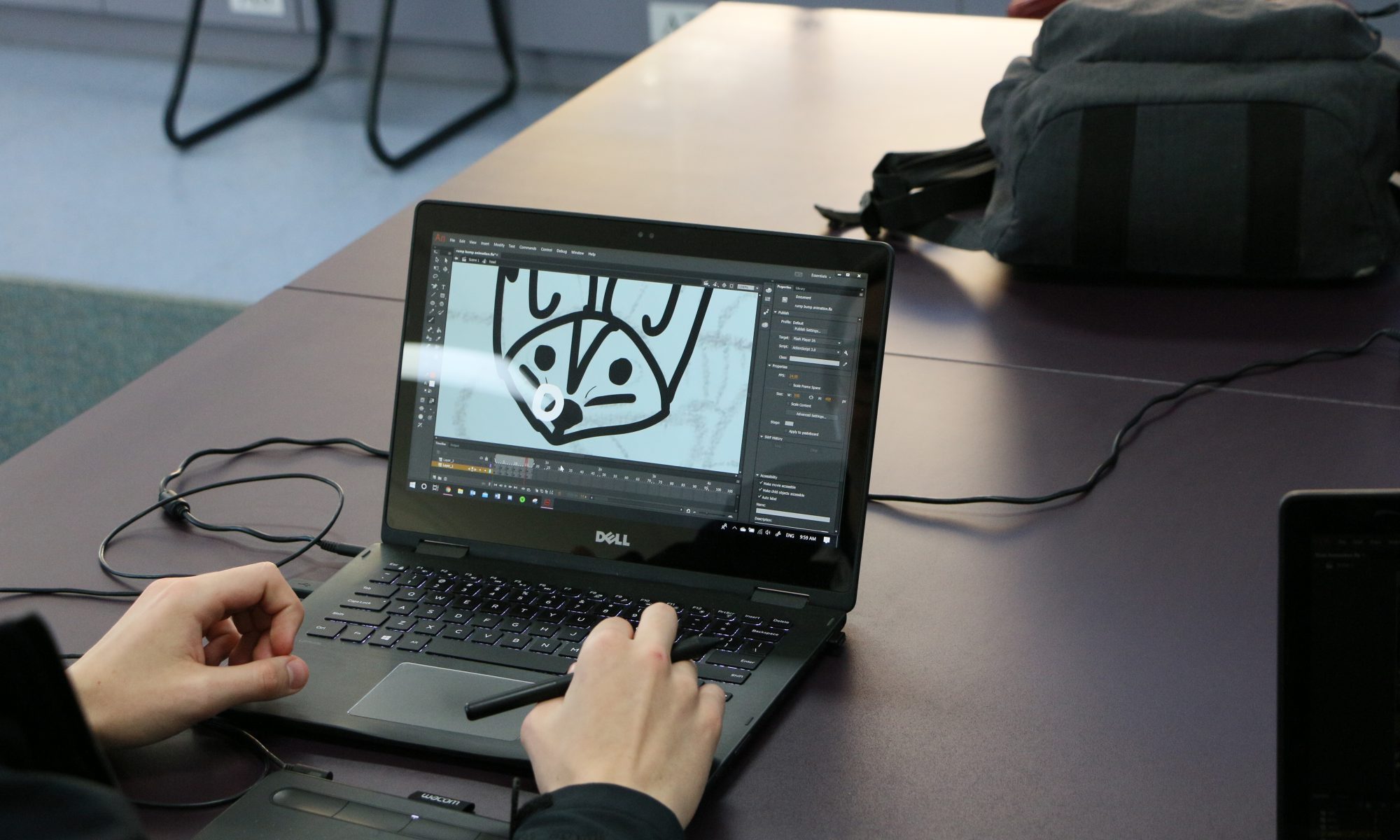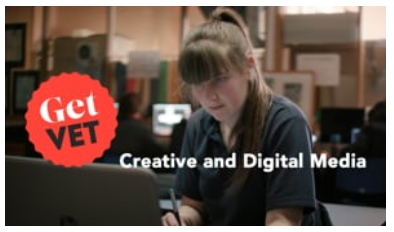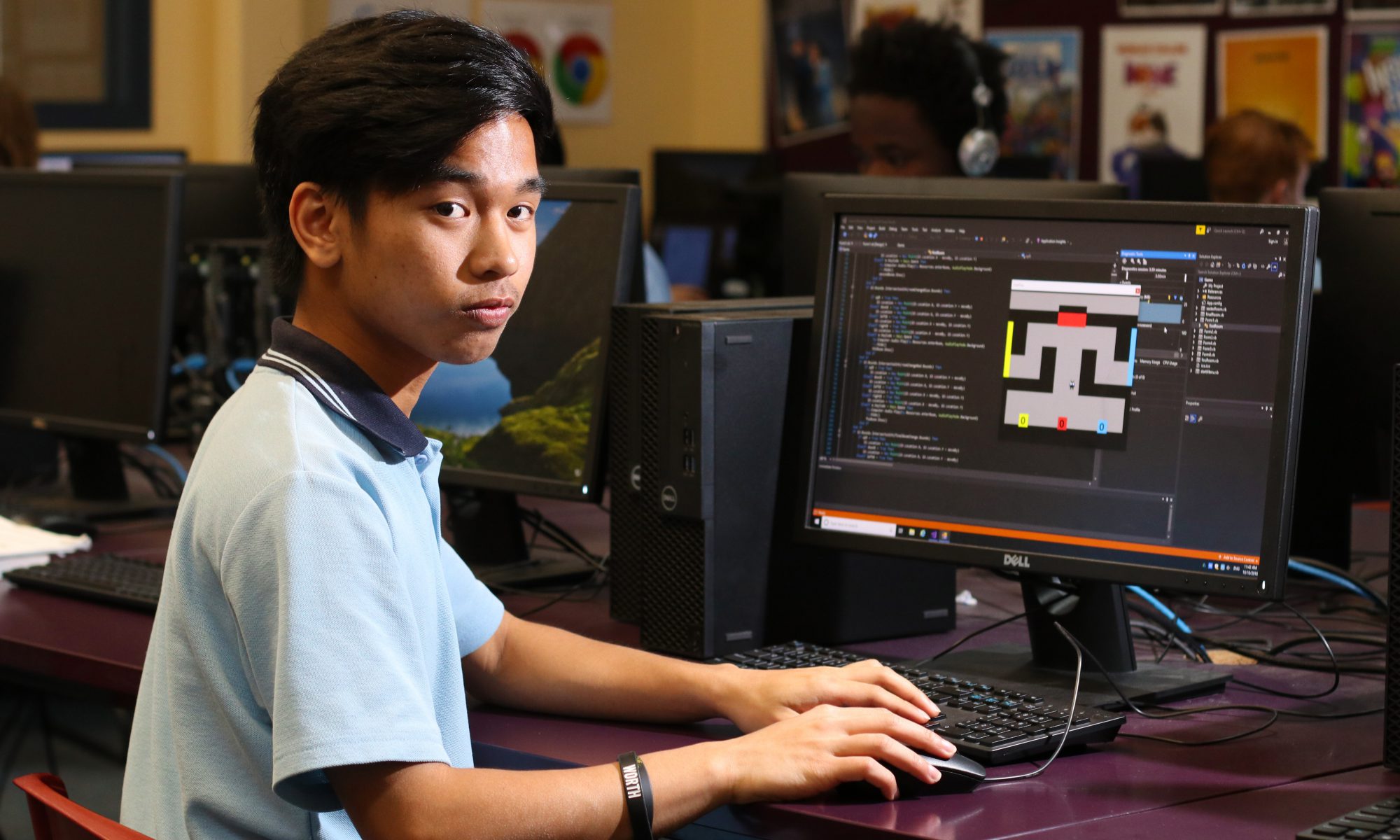VCE VET Retail Cosmetics (Beauty)
Course Summary
Do you like putting makeup on your friends? Interacting with people and making them feel good? The potential of being your own boss? By studying Beauty (Retail Cosmetics) you will develop skills to sell products, practice makeup and apply skincare products. You’ll be trained by current industry trained teachers. Students can undertake Structured Workplace Learning as part of the subject.
This course is delivered over 3 years.
VCE: Unit 1, Unit 2, Unit 3 & Unit 4 sequence available
ATAR Contribution: Unit 3 & 4 students do not receive a Study Score contribution for this subject
VET: SHB20121 Certificate II in Retail Cosmetics
Structured workplace learning advice: 80 hours strongly recommended but not compulsory
Learning Activities & Assessment
- Design and apply make-up
- Apply skincare products
- Develop communication skills
- Learn the art of selling products and services
- Learn eyelash, brow and lash lift treatments
This program is run as part of an Auspicing arrangement with Inspiring Training Academy – RTO# 22728

This program is run as part of an Auspicing arrangement with Wodonga Institute of TAFE, a Registered Training Organisation. TIOD: 3097
Classroom Virtual Tour
Quick Links
Approximate Costs
Unit 1 & 2
N/A
Unit 3 & 4
N/A
Learning Area Contact
Technology Learning Area Leader
